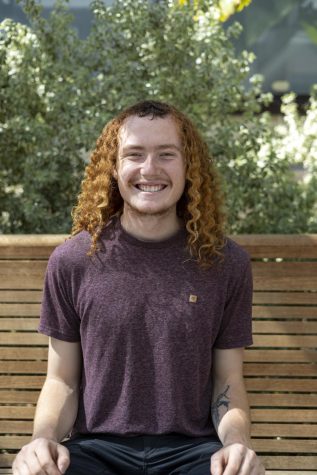Student on the Street: How do you feel about the threat of wildfires in Oregon and the wildfire expert panel hosted by OSU?
October 11, 2021

Sophie Holden (she/her)
second-year marketing major
“I believe in [the threat of wildfires] for sure. I evacuated from where we lived in Clackamas for two weeks. I accepted losing the house. We had farm animals, and we of course took our dog with us, but there was nothing we could do for [the farm animals]. We opened the gates and just hoped for the best. The wildfires came within half a mile of our house; it makes me nervous. The fires were still smoking one month later after we came back. It’s going to affect our livelihoods. My parents couldn’t work for much of the evacuation. The sky turned red, then a level 2 [evacuation stage order] was issued, and we evacuated.”
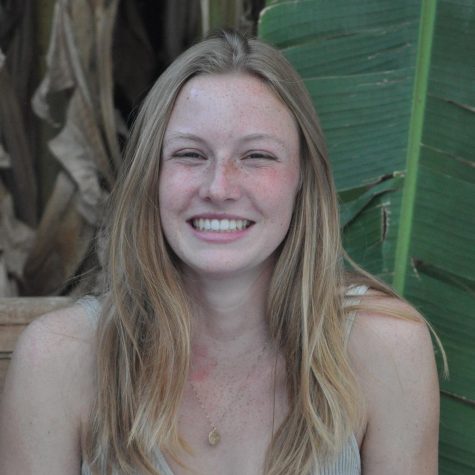
Katie Gieson (she/her)
first-year exploratory studies student
“Oregon will probably have to expect [wildfires]. Personally, I’m from a little valley village where the smoke settles, and I feel like I’m used to it. I feel like wildfires will come to affect all of us, we will be seeing more evacuations, more towns burned and I don’t know what we should do about it.”

Kacper Kardasz (he/him)
second-year environmental science major
“I think it’s important that we keep talking about it and raise awareness. I understand that these fires are bad for people, they really hurt people. But we need to understand that [wildfires] are important for forests. I have had multiple school cancellations due to fires. We have had sports games and practices canceled because we lived in a small valley where the smoke collects. I have also had friends who had houses in danger, and many had to evacuate.”
“In environmental science, we learn about turning points. It seems to me that we have passed a turning point now, with centuries of fire suppression and climate change. All we can do is be prepared for what we need to and to set escape routes for when it comes to it.”
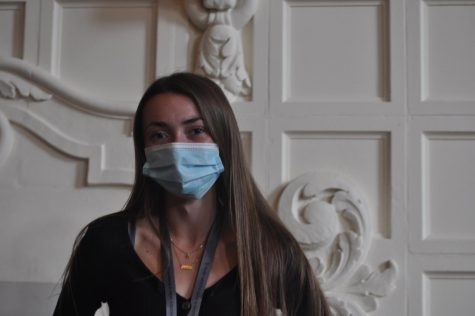
Lara Denbow (she/her)
first-year kinesiology major
“I think that it is tragic. There are a lot of wildfires [up North] where I come from, and a lot of young men do firefighting as a gap year to make money. You work 12 days on and two days off. It is really dangerous and has a high accident rate.”
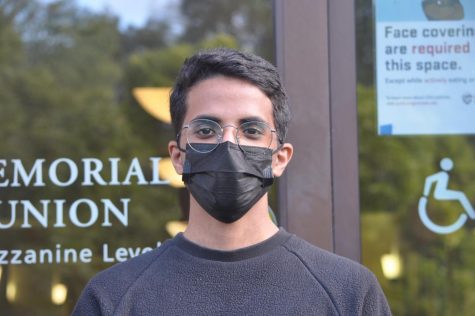
Yonus Alalyani (he/him)
first-year electrical and computer engineering major
“I find it so unfortunate that we expect more fires in Oregon and throughout the Pacific Northwest in the future. All of us as humans must take responsibility and investigate the reasons behind this tragedy to keep our planet safe. In order to prevent the wildfires from spreading further, strict rules must be enacted or else the fires will spread quickly… I have certainly been affected by wildfires. I felt disappointed and threatened as well… With our advanced technologies, we may be able to determine why these fires started in the first place, and work on preventing them from occurring.”
“I believe it’s important to educate ourselves about this disaster and to raise awareness among the younger generations to reduce the effects of climate change and preserve our planet. Second, we ought to institute strict rules that prohibit people from building campfires or smoking in inappropriate places. We need to utilize our advanced technologies to determine where the fires started and try to put them out before they spread.”
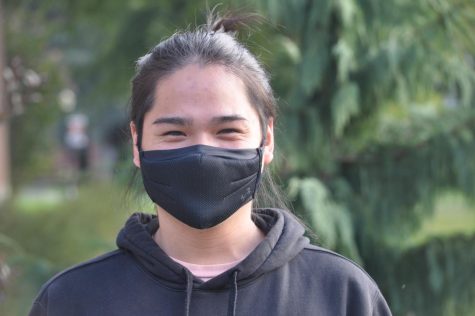
Koichi Masuyama (he/him)
fourth-year business administration major
“I’m not usually thinking about [fire danger] but it is obviously a bad thing! But it seems to me that a lot of trees are going to lead to the possibility of this danger. Last year we had a big fire [in the northwest]. We tried to see it and it looked like a massive hill. This is totally new to me.”
“Of course we need to manage the forests. We need to think about how using coal instead of renewables will harm the environment, and how climate change will affect these forests in the years to come.”
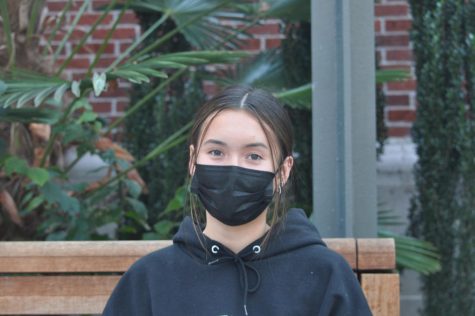
Nyleen Krieske (she/her)
second-year human development and family sciences major
“I personally agree that wildfires should be expected by Oregonians in the future. The hot days in June must have been horrible [for the wildfire season]. The smoke this year is the new normal. Corvallis turned orange because of the smoke and we should come to expect this.”
“Personally, wildfires don’t affect me too much, [except for] the restaurants and the Dutch Bros closing, the smoke does affect my lungs because I have asthma, but I’m sure that others are affected more than me. In 2020, when some of the big fires happened, I had friends that lost their homes and everything. If this keeps happening more people will lose everything. People will need government support and it will not go well.”

Taye Rieks (he/him)
second-year computer science major
“I think it is disappointing. I went through when the sky was super red and it was a horrible feeling. You can’t go outside and the air is toxic. It has been super tough on my hometown. The sky [was] pure red and you [couldn’t] go outside for a few days. It was like COVID-19 except even worse because COVID-19 was happening at the same time.”
“I think things will just keep getting worse. We must take action, try to stop climate change and tighten fire restrictions to stop [fires] from starting in the first place.”
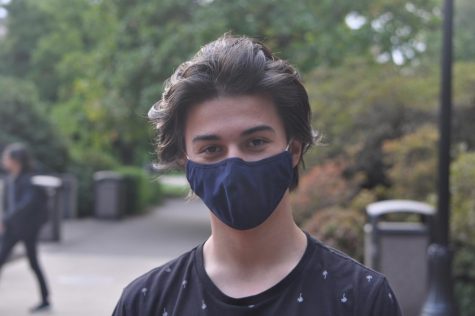
Danny Zahariev (he/him)
computer science major
“To put it distinctly, [the conclusions of the wildfire expert panel] are troubling. Having lived in Oregon all my life, wildfires this regular and extreme are a novelty only really beginning just a few years ago. It also worries me that we are normalizing such a phenomenon as a yearly occurrence rather than as a symptom of a greater systemic problem. I feel that I’ve been affected in the same way that many others have. Not in a direct sense (loss of property or life, for example), rather I’ve been watching the familiar world around me change for the worse.”
“Unfortunately, mainstream culture has normalized the effects of climate change, meaning we are no longer as surprised or worried by increasingly concerning symptoms of climate change. The ultimate solution to the increase in wildfire activity here and climate change more generally is to better regulate the minority of companies that are emitting the majority of greenhouse gasses. If we do not introduce more aggressive legislation soon, I worry these effects will become irreversible.
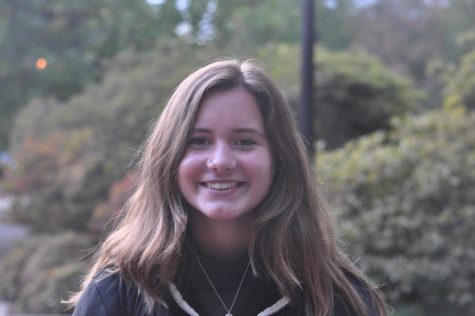
Kieran Manning (she/her)
second-year earth science major
“A small number of fires are normal, but we are creating a hotter and harder environment for everyone. Major fires are an unfortunate effect of our actions and will not stop without us fixing our mistakes. Days of horrible smoke and the air quality being horrible are some effects of wildfires that we have experienced. This is harming animals like horses from my hometown.”
“Fires are already becoming normalized with school closures and sports games being canceled. It is only going to get worse from here. Climate change is rapidly making fires larger and more deadly, and the fact that they are traveling north is not very surprising.”










































































































